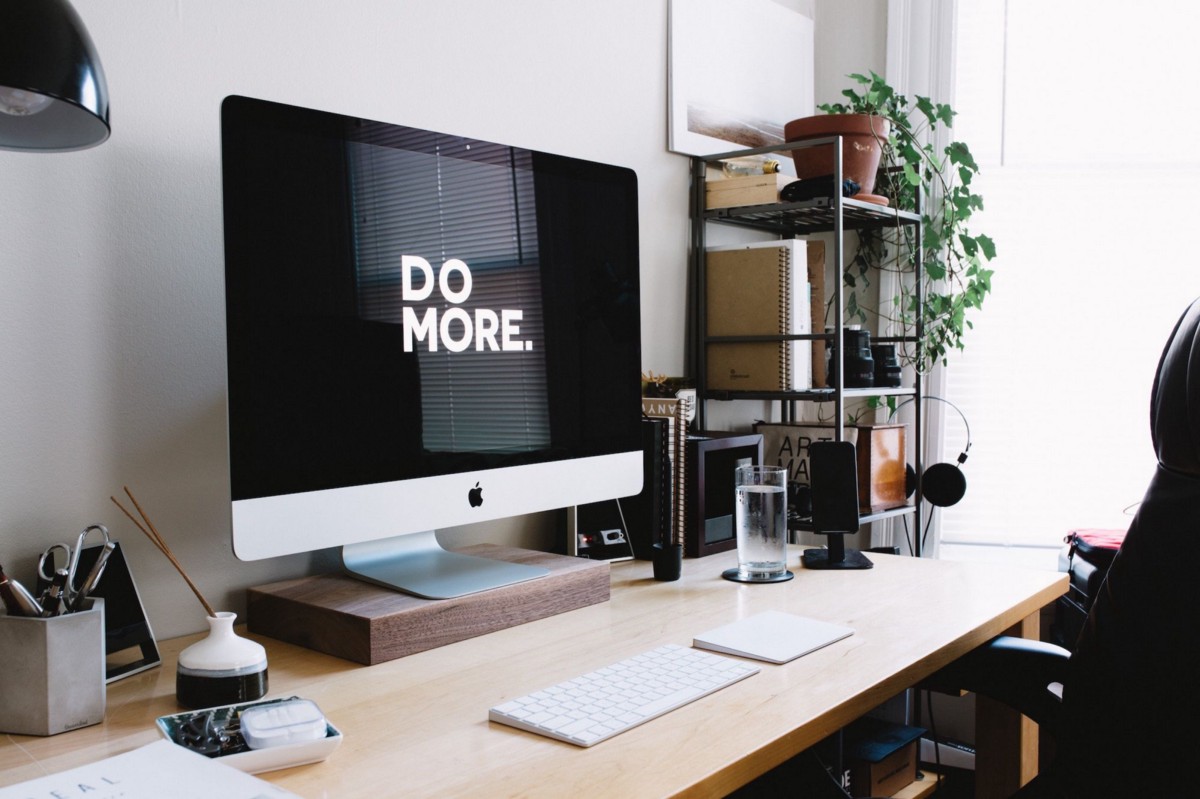Bernard Lagat is one of the fastest people in the world.
A Kenyan-born Olympian, he’s a thirteen-time medalist — and five of them are gold. For most of the year, Lagat’s training regimen is intense, consisting of 80-mile running weeks. But Lagat has a unique strategy for staying on his A-game.
Every year since 1999, the Olympian has intentionally put his grind to a halt to do nothing but rest for five weeks.
It may sound counterintuitive for an elite athlete to spend his time at the beach with his friends and family instead of at the gym. But Lagat sees things differently. He attributes his peak physical performance to this five-week rest period, which allows his body and mind a chance to recover from all the intense workout regimens.
Lagat’s approach is strategic, but it isn’t all that unique. In fact, interrupting periods of intense work with rest is how many athletes stay at the top of their game.
I’m not exactly an elite middle-distance runner, but I’ve also seen how hyper-focusing on “the grind” can disrupt productivity and performance — and that’s one reason I’m so careful about not pushing myself too hard.
How pushing yourself too hard compromises performance
I remember it all too well. After I decided to leave my comfortable full-time job and launch Jotform, there wasn’t much separation between my work life and my personal life. To put it simply, I spent several months hustling.
My hard work was for a purpose: I wanted our software to serve our customers well, and I didn’t stop until I knew it could.
Had I kept pushing myself at that pace, however, I would have experienced some dire consequences. Of course, this level of high-performance all the time put me at risk for burnout.
But just as importantly, working at an intense pace all the time would have kept me from growing.
You know those high-pressure, high-adrenaline scenarios where you get creatively stretched? Those are some of my favorite situations at work. Sure, it’s stressful to receive an email from an unhappy client or realize your server is down. But those hectic situations are opportunities ripe for learning and growth.
One thing I love about my line of work is the opportunity to be strategic and creative. I’ve always loved a good challenge, and the ability to collaborate with a team to overcome obstacles.
Pushing myself all the time takes the fun out of it. When nothing is “hard” anymore, we all miss out on opportunities to grow.
Maybe you’ve experienced the same thing. If you’re always running hard, nothing is challenging anymore. You’ll inevitably develop a tolerance for an intense workload and all the difficulties that come with it.
That’s one reason taking breaks for physical and mental rest is so crucial.
“If we never take ‘easy’ periods, we are never able to go full throttle and the ‘hard’ periods end up not being hard at all,” write authors Brad Stulberg and Steve Magness in their book Peak Performance.“We get stuck in a gray zone, never really stressing ourselves but never really resting either.”
To combat that “gray zone” — and to avoid burnout — Stulberg and Magness recommend taking a cue from Lagat and building in periods of rest to our workflow.
But before you or I can do that, it’s important to acknowledge whether or not we’re caught up in a destructive cycle of pushing ourselves too hard.
Are you pushing yourself too hard?
There’s a time and a place for “crunch time.” But pushing yourself too hard all the time isn’t a sustainable way to work — and it will inevitably interfere with your performance. Here are a few tell-tale signs that you’re falling prey to overworking.
1. You don’t have boundaries with work
If you find yourself working on nights and weekends — and you’ve got tons of PTO waiting to be used — you might be pushing yourself too hard.
When I’m working on a major project at Jotform, you’ll often see me with my laptop cracked open on the couch at home, or working after hours at my favorite coffee shop. But I’ve learned that pushing myself at that “imminent deadline” pace all the time isn’t a sustainable way to work.
I may not take a five-week break every year (though it would be nice!), but I am intentional about carving out shorter breaks to engage in activities that re-charge me. I go to Turkey every year to work in my family’s olive groves, and when possible, I like to get away for electronics-free weekend trips. Even simpler than that, if I just logged a ton of extra hours on a special project, I’ll come in late in the morning or leave early in the afternoon.
The important thing is to schedule downtime to restore your energy so you can function at a high level when it matters most.
2. Your physical and mental health are suffering
If the constant grind is causing you to experience physical symptoms, it may be time to rethink your work habits.
Even if you don’t “feel” stressed from work, your body probably does. Chronic stress from overdoing it can take a serious toll on physical and mental health, resulting in headaches, digestive issues, difficulty sleeping, and anxiety and depression.
That’s because being “on” all the time releases “fight or flight” hormones in the body — which is helpful for boosting our energy in the short-term, but problematic in the long-term.
Beyond that, working all the time is isolating — and it can drain your relationships. In 2018, more than three-quarters of American workers reported work-related stress took a toll on their personal relationships. That type of isolation can contribute even more to stress.
3. You can’t truly relax
Are you the type of person who pulls out their laptop on vacation? Do you have a compulsive email-checking habit? Have you ever found it hard to sleep because your mind is racing with all the things you “have” to do?
The pressure to be always “on” and the inability to wind down can be a sign that you’re expecting too much out of yourself.
There’s nothing inherently wrong with wanting to do a great job at work. But if you can’t separate your work from your personal life, and you find yourself basing your identity on what you achieve or how productive you are, it may be time to re-evaluate your habits and perspective.
4. You don’t have a goal in mind anymore
At first, many of us push ourselves too hard to accomplish a specific task or goal. Perhaps you want to impress a client, deliver a solid presentation, or earn positive feedback from your manager at your review. All of those things can be motivating, and they’re common reasons why I spend short bursts of time working at max capacity.
But if you’re working just for the sake of “working hard” — with no real goal in mind — you will lose clarity and steam quickly. You’re essentially working without a finish line in sight. Maybe you’ll work hard for a few hours, or maybe for a few weeks.
Either way, you will be bound to keep pushing until you burn yourself out — and, not to mention, until you drain all the joy out of your work.
5. You think in terms of what you need to do, not what you’re doing or have already done
People who push themselves too hard are often to-do list addicts. I’ll be the first to admit there’s no better feeling than crossing something off the list.
But work can be a lot like running on a hamster wheel. When you finish one task or project, there will be another one to complete, and another one after that. You get the picture.
If you’re so future-focused that you don’t spend much time thinking about what you’ve already accomplished — or what you’re working on right now — you might be pushing yourself too hard.
Do yourself a favor, and return to the present moment, where you can derive more joy from your job and be more effective.
Breaking the cycle
Opting out of the rat race isn’t a one-time move. It requires a perspective shift. If you derive all your worth from what you’re achieving, you’ll inevitably get back in the race.
If you’re pushing yourself too hard, start with getting back to basics. Remember who you were before you started your job. Why did you start your business or take your job in the first place? Who do you want to help with your work?
Once you re-connect with your purpose, think about how overdoing it could compromise that purpose. How is your “always on” mindset keeping you from being the person you want to be? Try to re-align yourself with your core purpose, then watch how your behavior shifts along the way.
And while you’re at it, check out some flights. Now might be a great time to take a vacation.















Send Comment: